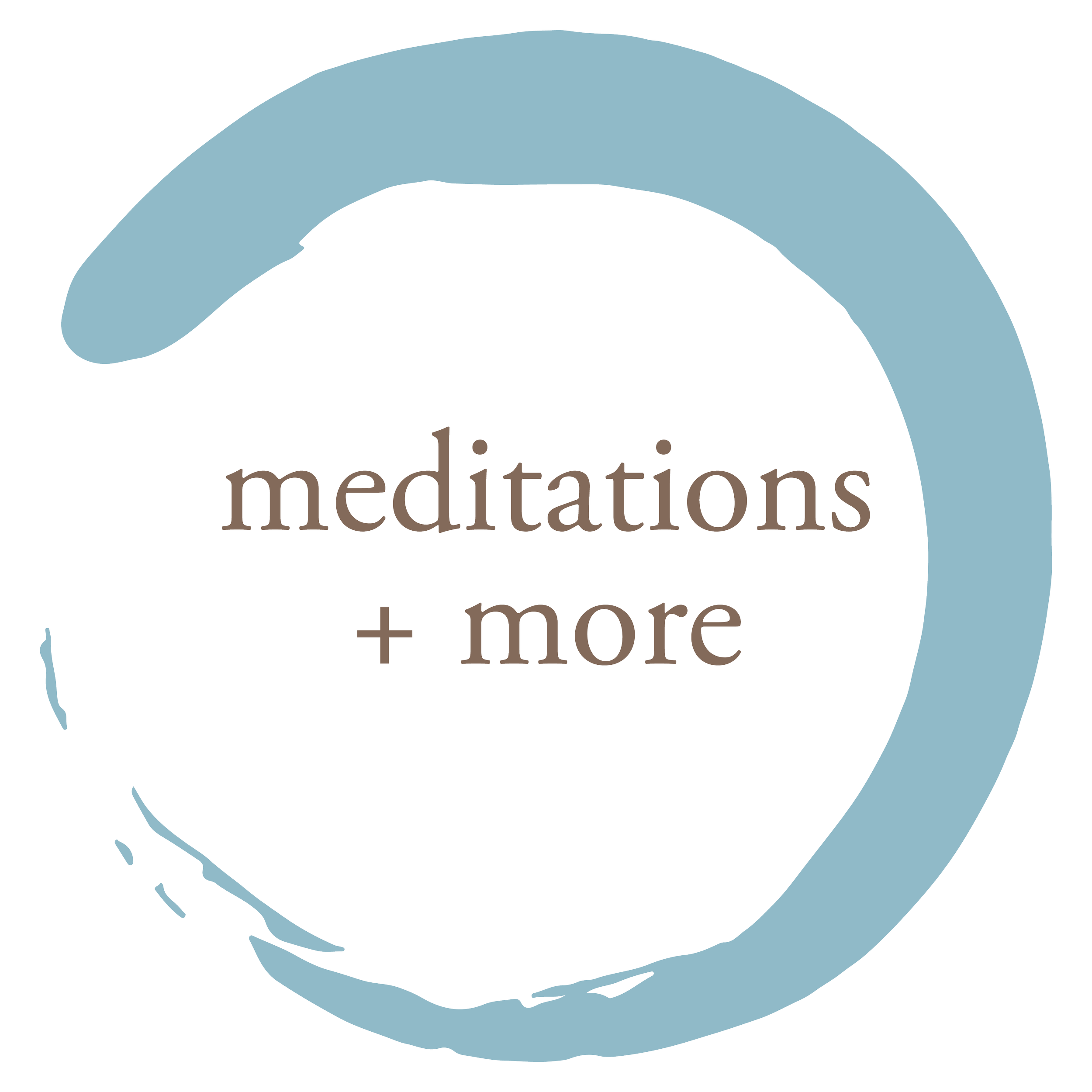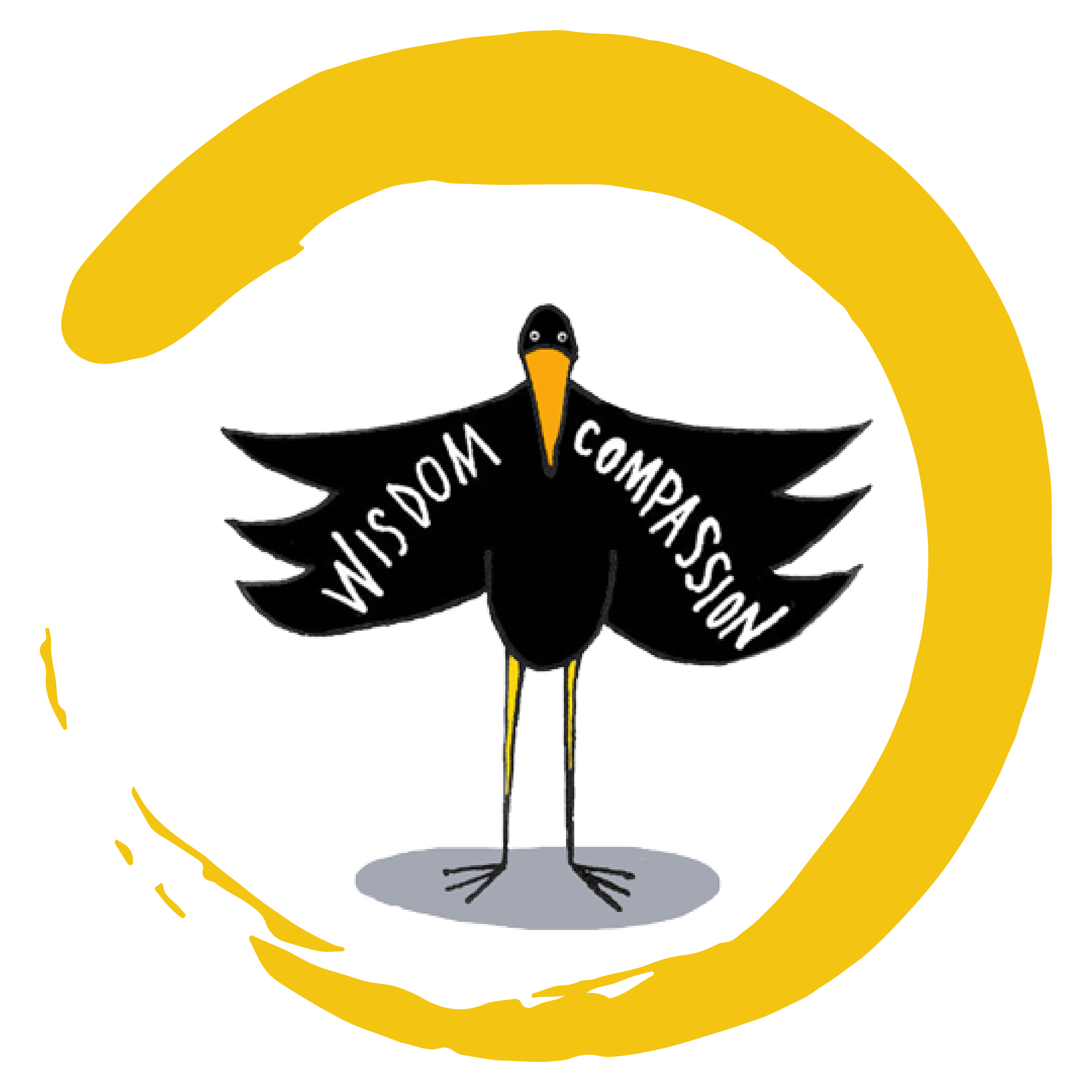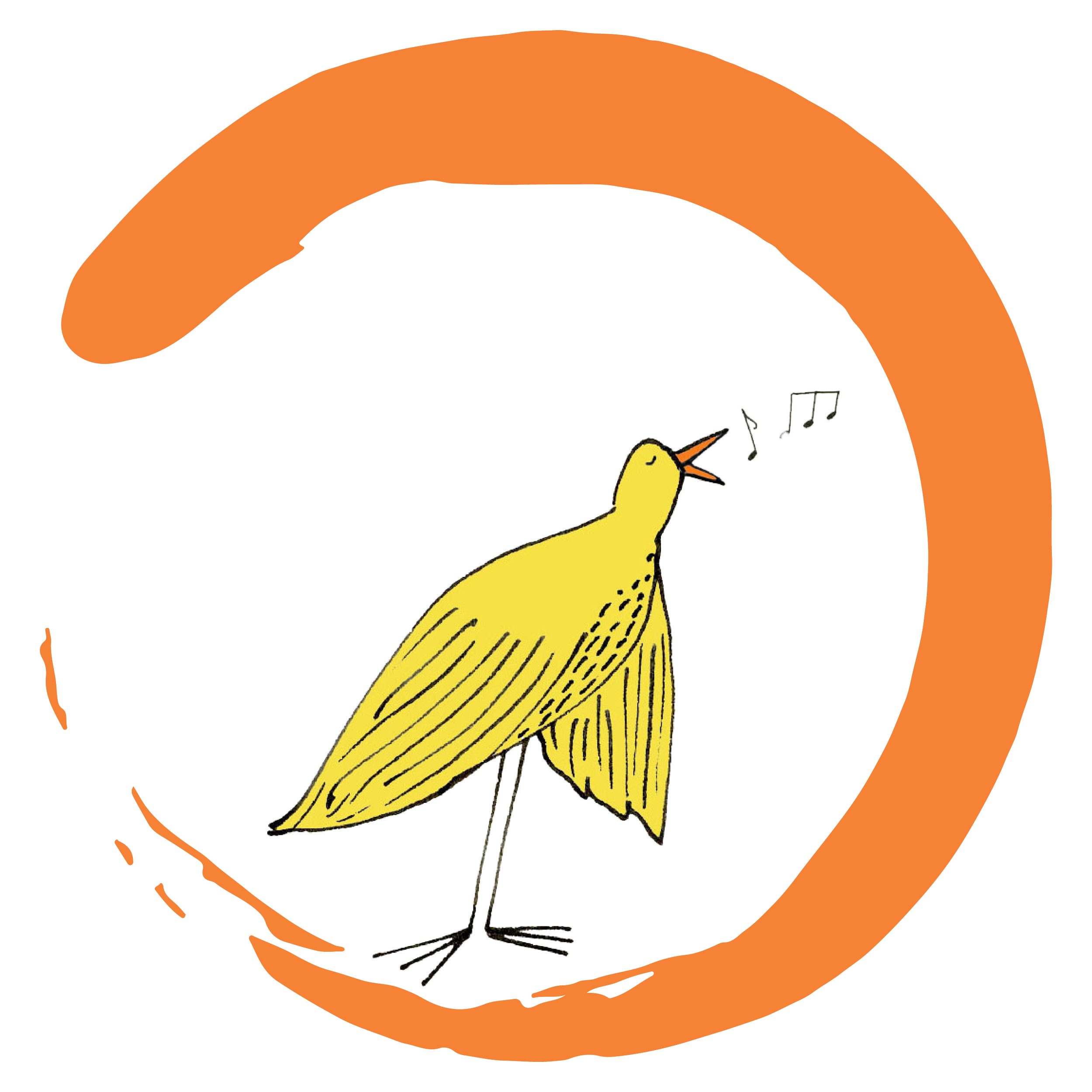mindfulness resources for kids
Mindfulness is for everyone! Many studies have now shown that mindfulness practices can help us improve focus, regulate our emotions better, feel a sense of kindness for ourselves and others, and feel more grounded and at peace.
Below you’ll find a wealth of resources for the children in your life–whether you’re a parent, teacher, caregiver, therapist, or work with children in other ways.

-
Activity-based mindfulness is a great way for kids to understand the core concepts & begin practicing in small, effective ways.
-
Simple, fun, mindful games & lessons can be easily adapted into your routines at home, work, school, or after school.
-
Check out Susan’s books, audio collection, & Mindful Games card deck.
-
Ready to try out some games, meditations, or other practices with kids? Check out these tips to help you get started.
-
Learn more about our universal themes, like patience and appreciation.
-
Learn about the six social, emotional, & academic life skills that mindfulness can help develop.
-
One of the most effective ways to remember new information and become fully present is through music. Check out our collection of songs for elementary-age children.
A note for adults: Your attention, balance, and compassion have a powerful effect on everyone in your lives, especially on children and teens. Kids notice when their caregivers are calm, composed, and joyful, and they learn from our examples. That’s why I encourage you to develop your own mindfulness and meditation practices as well, either before sharing them with children or as a way to discover mindfulness together. Here are some tips as well as answers to frequently asked questions,
If you are an educator, you may also want to check out these additional resources to help you get started.
Look through our video library of lessons and activities for kids. And be sure to also check out Susan’s YouTube channel for more.
Tips for Mindfulness with Kids
These tips can be helpful as you are introducing new mindfulness concepts, exercises, or activities to children. These are based on decades of work with children in both home and classroom settings.
Before leading a game or exercise, get a feel for it first by going through the steps on your own.
Find a relatively quiet place where you can sit or lie down comfortably without being disturbed.
Use your regular speaking voice and your own words when you lead a game.
Some children are so determined to concentrate that they tense their muscles when they meditate. Others are so relaxed that they curl up and fall asleep. From time to time, remind kids to keep their backs straight, and their bodies relaxed.
Remind children that there is no right or wrong way to feel when they participate in mindful activities or play mindful games. Although activity-based mindfulness often helps them feel calm (and we often want children to calm down), it’s important to remember that that goal is actually for them to be aware of whatever they are feeling in the present moment without judging it.
Sometimes children are uncomfortable closing their eyes, even when the game they're playing or activity they are doing is easier with eyes closed. Don’t insist that children close their eyes, but it’s helpful to remind them that you'll keep your eyes open and watch the room.
Children will respond to the activities differently, and some that come naturally to some kids might be difficult for others. There’s no reason to force a child to play or actively participate if they feel uncomfortable. Just switch to another game or activity that explores similar life skills and themes.
All of our activity-based mindfulness strategies are designed to be useful to everyone, regardless of age. Don’t be surprised when older children and teens are drawn to activities meant for young children, and young children have fun playing games that seem over their heads.
We want to help children develop a kind inner voice that sounds something like this: It’s really hard to sit still right now, and that’s okay. Everyone feels this way sometimes. I can sit here, feeling my body and all the energy I have – my breath moving fast, my heart beating quickly – I can take a breath, listen to sounds, become aware of how I feel, and be okay.
universal themes of Mindfulness
In mindfulness and meditation, we explore universal themes that help us navigate life's ups and downs with wisdom and compassion. The following universal themes, derived from Susan’s pioneering work with children in homes, schools, clinics, and classrooms worldwide, are not just about mindfulness. They also shed light on the difference between mindfulness and affirmations. Notice that the phrase “we remind ourselves” (or a similar one) is included in the description of each theme. This is a nod to the remembering function of mindfulness. Reminding ourselves to be appreciative, attentive, or kind, for example, is different from an affirmation and more consistent with mindfulness and meditation than telling ourselves that we feel a certain way or speak or act in a particular way. As you read through the themes, you can also think about the accompanying descriptive phrase or substitute “I” or “We” as it feels applicable, deepening your understanding of these practices.
six life skills for kids
These six social, emotional, & academic life skills are symbiotic and as children develop in one area they also develop in others. For instance, steady, flexible attention develops our capacity to focus and quiet our minds; emotional balance enhances our capacity to see and reframe our situations, and speaking, acting, and relating to others (and ourselves) with compassion develops our capacity to care and connect.









